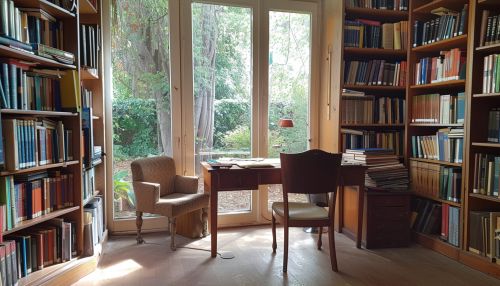Theodor W. Adorno
Early Life
Theodor W. Adorno was born on September 11, 1903, in Frankfurt, Germany. His father, Oscar Alexander Wiesengrund, was a successful wine merchant, and his mother, Maria Calvelli-Adorno, was a singer of Italian and Corsican descent. Adorno was raised in a household that valued culture and the arts, and he showed an early aptitude for music. He began studying piano and composition at the age of six, and by his early teens, he was composing his own music.
Education
Adorno attended the Kaiser-Wilhelm-Gymnasium in Frankfurt, where he excelled in his studies. After graduating in 1921, he enrolled at the Goethe University Frankfurt, where he studied philosophy, psychology, and sociology. He was deeply influenced by the works of Kant, Nietzsche, and Freud, and these thinkers would greatly shape his later work. Adorno completed his doctorate in philosophy in 1924, with a dissertation on Husserl.


Career
After completing his doctorate, Adorno spent several years teaching at the University of Frankfurt. In 1931, he joined the Institute of Social Research, a Marxist-oriented research organization that would later become known as the Frankfurt School. Here, Adorno collaborated with other prominent thinkers such as Horkheimer, Benjamin, and Marcuse.
Adorno's work at the Institute was interrupted by the rise of the Nazi regime in Germany. As a Jew, Adorno was forced to leave Germany in 1934. He spent the next fifteen years in exile, first in England and then in the United States, where he continued his work at the Institute, which had relocated to New York City.
In 1949, Adorno returned to Germany and resumed his position at the Institute for Social Research. He also accepted a professorship at the University of Frankfurt, where he would remain until his retirement in 1968.
Contributions to Philosophy and Sociology
Adorno is best known for his contributions to critical theory, a school of thought that seeks to critique society and culture by applying knowledge from the social sciences and the humanities. Adorno's work is characterized by a deep skepticism of mass culture and a critique of the capitalist system.
One of Adorno's most influential works is Dialectic of Enlightenment, co-authored with Max Horkheimer. In this book, Adorno and Horkheimer argue that the Enlightenment, with its emphasis on reason and individual freedom, has led to a new form of domination in the form of mass culture and the capitalist system.
Adorno also made significant contributions to the field of aesthetics, particularly with his theory of the culture industry. He argued that the culture industry, which includes mass media and popular culture, serves to reinforce the status quo and inhibit critical thinking.
Death and Legacy
Adorno died on August 6, 1969, in Visp, Switzerland. His work continues to be influential in a variety of fields, including philosophy, sociology, musicology, and cultural studies. Adorno's critique of mass culture and his analysis of the culture industry remain particularly relevant in the age of digital media and globalization.
